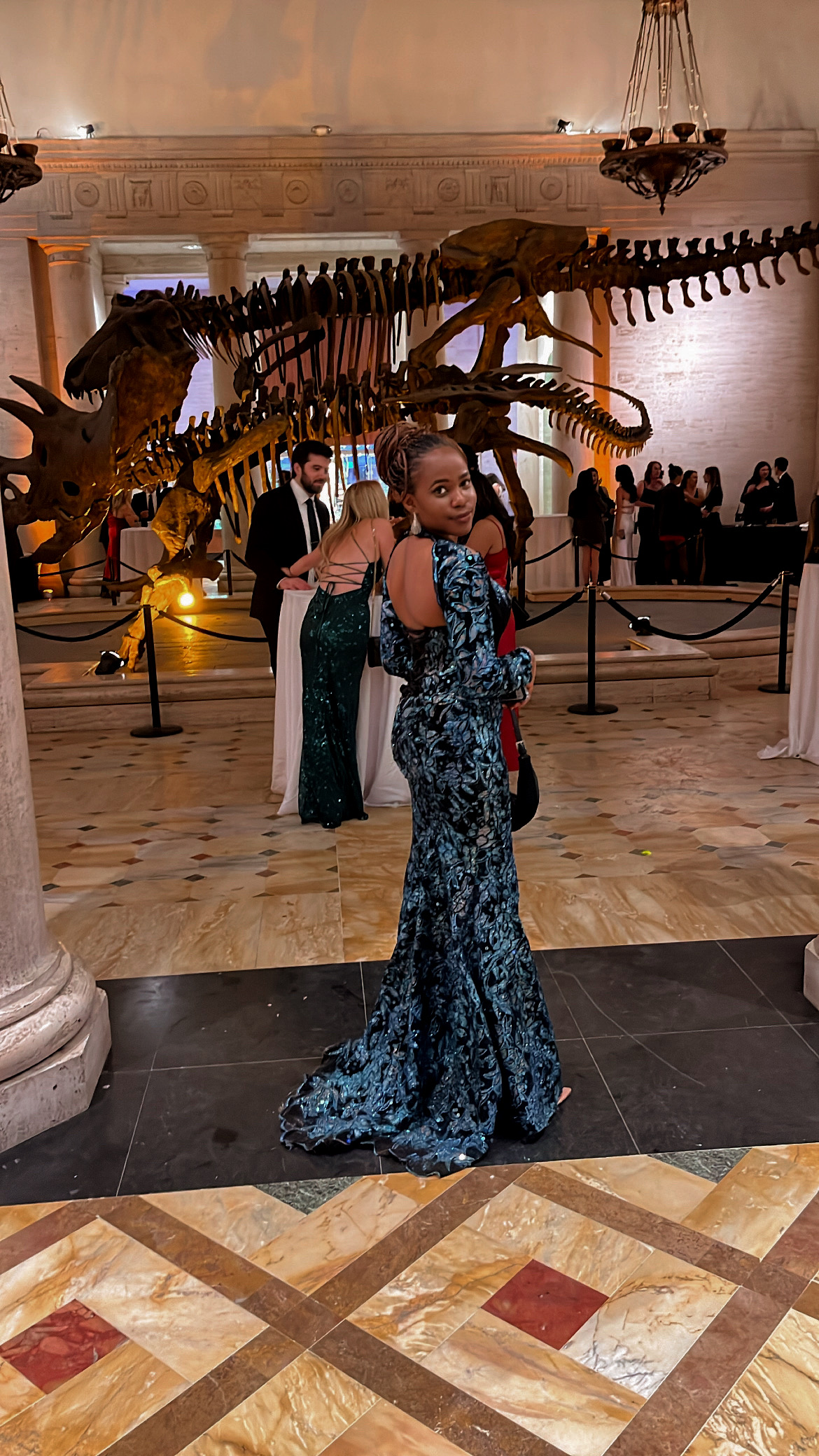The Flash and the Fine Print: Who Owns Your Picture?
Just because you are in it does not mean you own it.
It was one of those nights. The kind where your dress glimmers just right under the camera lights, your skin looks airbrushed without a filter, and your confidence, over the roof. The red carpet stretched before you like a personal runway, and with every pop of the paparazzi’s flash, your ego floated higher.
You felt so good. For once, the spotlight didn’t intimidate you. It honored you. So when you saw that photo the next day, everything was perfect — the angle, your smile, your shape properly accentuated, and your aura ate. You wanted the world to partake in this work of art. So, you posted with pride. The reactions started coming in almost immediately.
Then it arrived.
A formal-looking envelope, dropped into your mailbox like any ordinary letter. You smiled. Another paycheck, maybe? A thank-you from the event team? You slit it open casually.
Your smile dropped before you finished reading the first paragraph.
“Dear Ife,
You have been notified….”
You blinked.
Lawsuit.
The plaintiff: The photographer and the photographer’s agency
Your mouth opened. “Wait, what?”
You reread it, then again. Yes, you were being sued for copyright infringement… for posting a picture of yourself.
You laughed. Surely this was a joke. Maybe your ex, salty from that tweet you posted last month, hired a photographer friend to mess with you?
But no. It was real. The name on the letter matched the event photographer. Your stomach flipped.
“How is that even possible?”
“Am I not the subject of the photo?”
“How can I be sued for sharing a moment I literally lived?!”
You began to spiral. A hundred thoughts at once.
Should you delete the post?
Call a lawyer, your mom, or your ex and ask if he was behind this somehow?
You felt violated. Not just by the legal jargon, but by the absurdity of it all. You looked fabulous, yes — but apparently that fabulousness came at a cost.
The above is kinda the gist with the case of Jenifer Lopez with a lot of emphasis added.
The photographer and licensing agency claim Lopez posted the pictures on her social media page without paying for copyright permission.
Okay, enough of the red carpet talk, let’s talk law.
What does the law say?
Photography, like any other form of art, is subject to intellectual property and copyright law. As a result, under the U.S. Copyright Act, the person who clicks the shutter owns the copyright automatically. That includes the right to: reproduce and distribute the image, license it to others, and stop anyone else from using it without permission.
However, what’s the law without exceptions?
Here, the exception will be where the photographer is paid under a “work-for-hire” contract or where the subject gets a written permission or license.
Save for these exceptions, the subject of a photograph has no legal right to use the image, and that includes celebrities.
In some instances, a usage without these exceptions may be allowed.
Fair use: Like the case at hand, since Lopez did not make money directly from the photos, fair use could be a possible argument.
Erm… Fair use can be a narrow comeback because the court weighs on four factors, that is, whether the use is commercial, how much of the work is used, and whether it hurts the original market value of the property.
Check out my other writings.
In this case, the plaintiffs claim the posts were commercial in nature, used to promote Lopez’s personal brand and her collaborations with stylists and designers.
There is also the right of publicity, that is, a legal right to control commercial use of her name, image, and likeness. Could this be a possible rebuttal as well?
The right of publicity does not override copyright. Hence, the photo belongs to the photographer, and the likeness belongs to the photographed. These rights can collide, however, one does not cancel out the other.
The Jennifer Lopez case is not the first of its kind, as there are other celebrities who have faced similar suits in the past. Although causal reposting is now common because on social media, everyone is a publisher. However, the law about ownership is still the same, and in the world of paparazzi photography, where every image is a potential paycheck, these laws still matter.
The camera may capture your image, but the rights belong to the one who holds the lens. Until the law regarding ownership changes, if you did not take the shot, don’t post the photo unless you have the rights.

